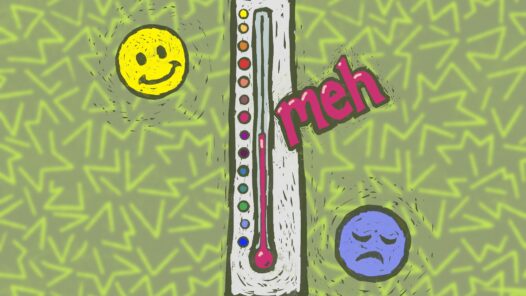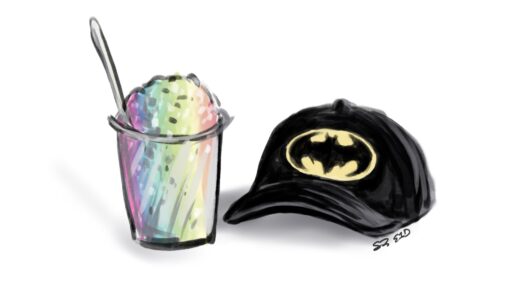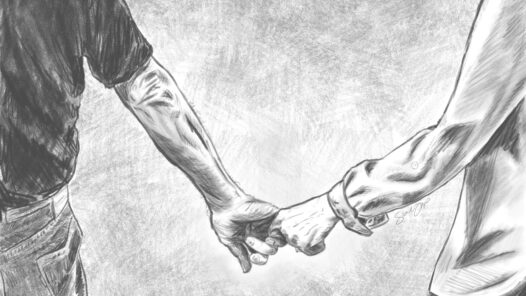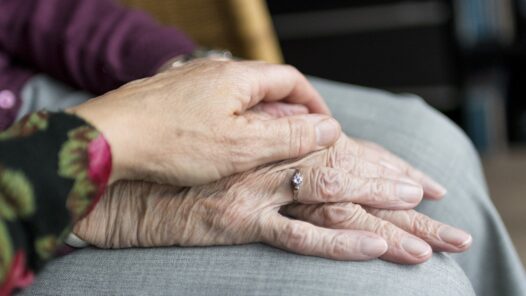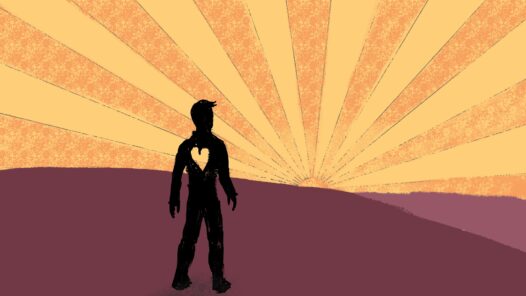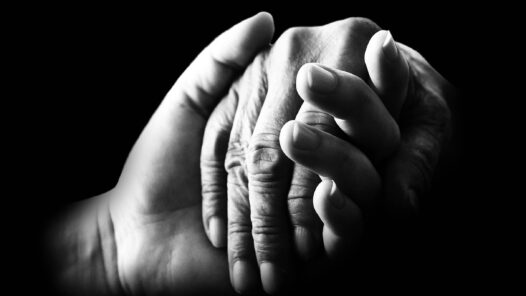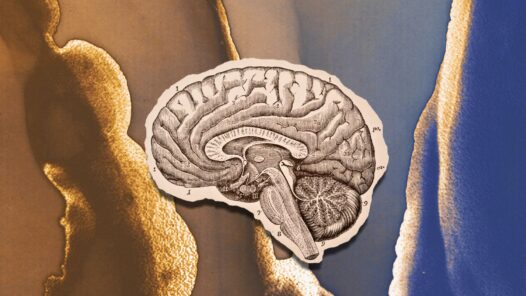When a loved one is dying, how do you offer comfort? SevenPonds blogger Rachel Jones sought out Marianne for her thoughts.
Meh is a Yiddish word that expresses apathy or indifference. Learn how to take your own emotional temperature and latest research to help a friend feeling sad.
What misconceptions do people have about hospice? Learn the facts that can help you or a family member make an informed decision about entering hospice care.
Does choosing hospice mean the end? The Carters have shown us hospice is about holding hands, eating favorite foods, and living your best life, even while dying.
We want our loved ones to be able to make their own decisions as long as they are able, but what do you do when they are making bad decisions? We talk about decision-making capacity and the differences between ability, capacity and competency.
What is Palliative Care? We answer that question in detail in this episode as we interview Connie Baker about her experiences with her father's advanced cancer.
Caregiving for a terminal loved is a marathon, and it can seem hard to imagine life without them and the responsibilities of taking care of them. What do you after your duties are over? Two men who cared for wives with dementia answer that question.
Does caring for a partner change the relationship? Michael shares what he learned to let the relationship with his wife change in the ways that it needed to.
Caregiving for a partner with dementia requires commitment and strength that we may not think we have. Michael shares what he learned in 12 years caring for his wife.
In Part 2 about frontotemporal dementia, we talk about the management of FTD and ways you can help your loved one.



